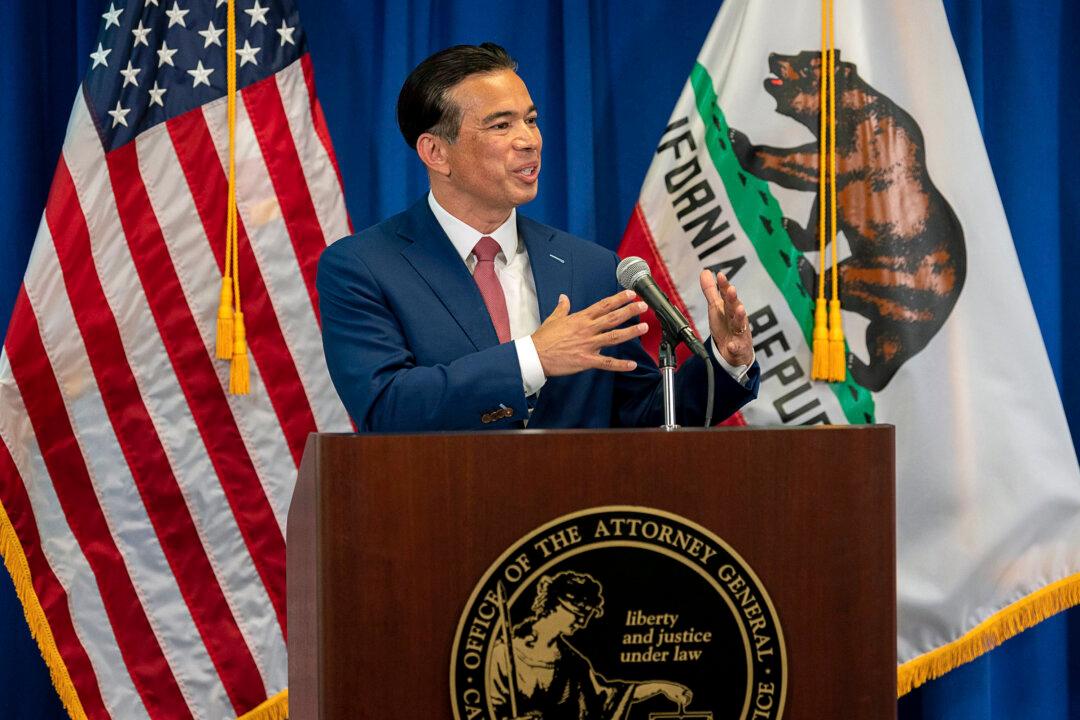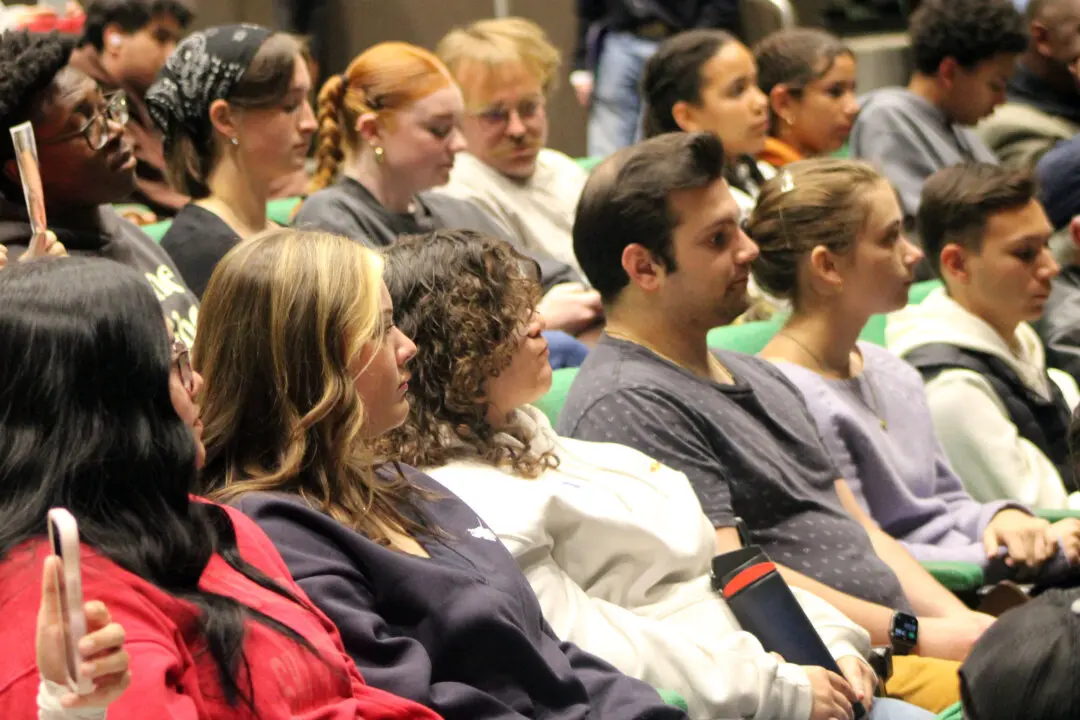Commentary
Who benefits from repetitive apology virtue signaling? California Attorney General Rob Bonta recently expressed regrets to Japanese Americans on the 35th anniversary of the Civil Liberties Act (Aug. 10, 1988). This Act had bipartisan support in Congress and was signed during the presidency of Ronald Reagan.





